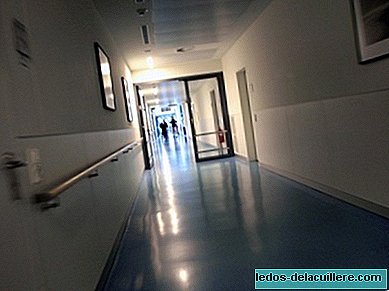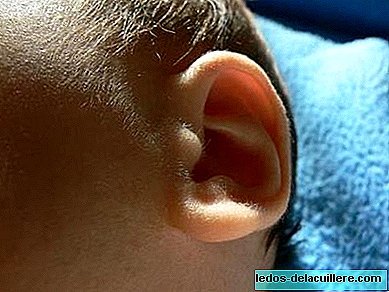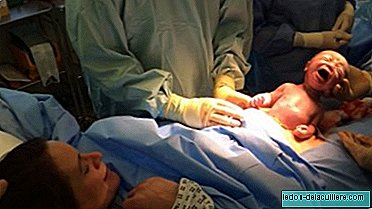
You can say that the e-health It consists in the promotion and active and informed intervention of the citizen in the care of his health. That is why it is important to multiply the channels of access to information on health issues. And it is that along with traditional channels (doctor, pharmacist, etc.), citizens go to social networks and the Internet to search for health information. Besides, the e-health aims to improve the safety and quality of care that citizens receive thanks to a better access of the professionals to the patient's clinical information.
That's why the results are very interesting study conclusions on opinions and expectations of citizens regarding the use and application of ICT (information technology) in the health field.
In the report, found at the end of the article, 29.7% of the patients had consulted the Internet before going to the doctor while 54.6% when leaving the clinic. Perhaps what you have to ask is if the information that is consulted after going to the doctor has been prescribed by the doctor or is a response from the patient to obtain more information to confirm the diagnosis made. And here the professions have a fundamental role to ensure the health education of the patient. That's why I love how Dr. Santi, for example, keeps information on his blog on a daily basis, turning his page into an absolute reference on pediatrics.
The study is called "Citizens before e-Health" and has just been presented in August 2012 by the Ministry of Industry, Energy and Tourism together with the National Telecommunications and SI Observatory (Ontsi).
Women between the ages of 25 and 49 who live in urban centers are the ones who use the Internet most for health-related issues. Obtaining information about diseases becomes the most recurring theme or objective. Thus, consultations are carried out on a disease, knowledge of its treatment or prevention and also information on healthy lifestyles, nutrition or medications.
Regarding the confidence in the information obtained on the Internet, 54.4% believe that it is an unreliable query, in addition to the risk involved in interpreting said information. And is that health professionals are the first resource, with 88.1%, of patients to obtain information about their health. Also they pharmacists, with 62.3%, they have very high credibility.
On the source of the information, Wikipedia becomes the most reliable source with 36% trust among users. Twitter and Facebook are positioned as untrustworthy networks and 48.3% and 48.9% respectively indicate that they have little or no confidence in them.
By Autonomous communities, Asturias, Melilla, Murcia and Andalusia are the ones that use the Internet most to obtain health information, with access greater than 35% of the population. Below 22% are Basque Country and La Rioja.
The main challenge is to make the Internet a useful element to make the patient receive information, data, analyzes that help to understand how his state of health is, identify prevention guidelines or help him to carry out his illness in a more calm and objective way. Apparently, only eight autonomous communities have an electronic medical history developed and interconnected between all hospitals. And in addition, as indicated by Dr. Santi, it has been proven that search engines make the diagnosis more than 50% of the time when symptoms are correctly indicated.
In the study, 61.9% of respondents have identified themselves as Internet users. So there is still a long way to go to get the network used as a valid reference in everything that is related to health. And is that Internet is considered an informative alternative for 48.3% of Internet users, approximately 30% of the population, obtaining only an average confidence rating of 3.85 out of 10 points. It is an assessment, as indicated, that is far from what exists towards healthcare professionals, basically doctors and pharmacists.












